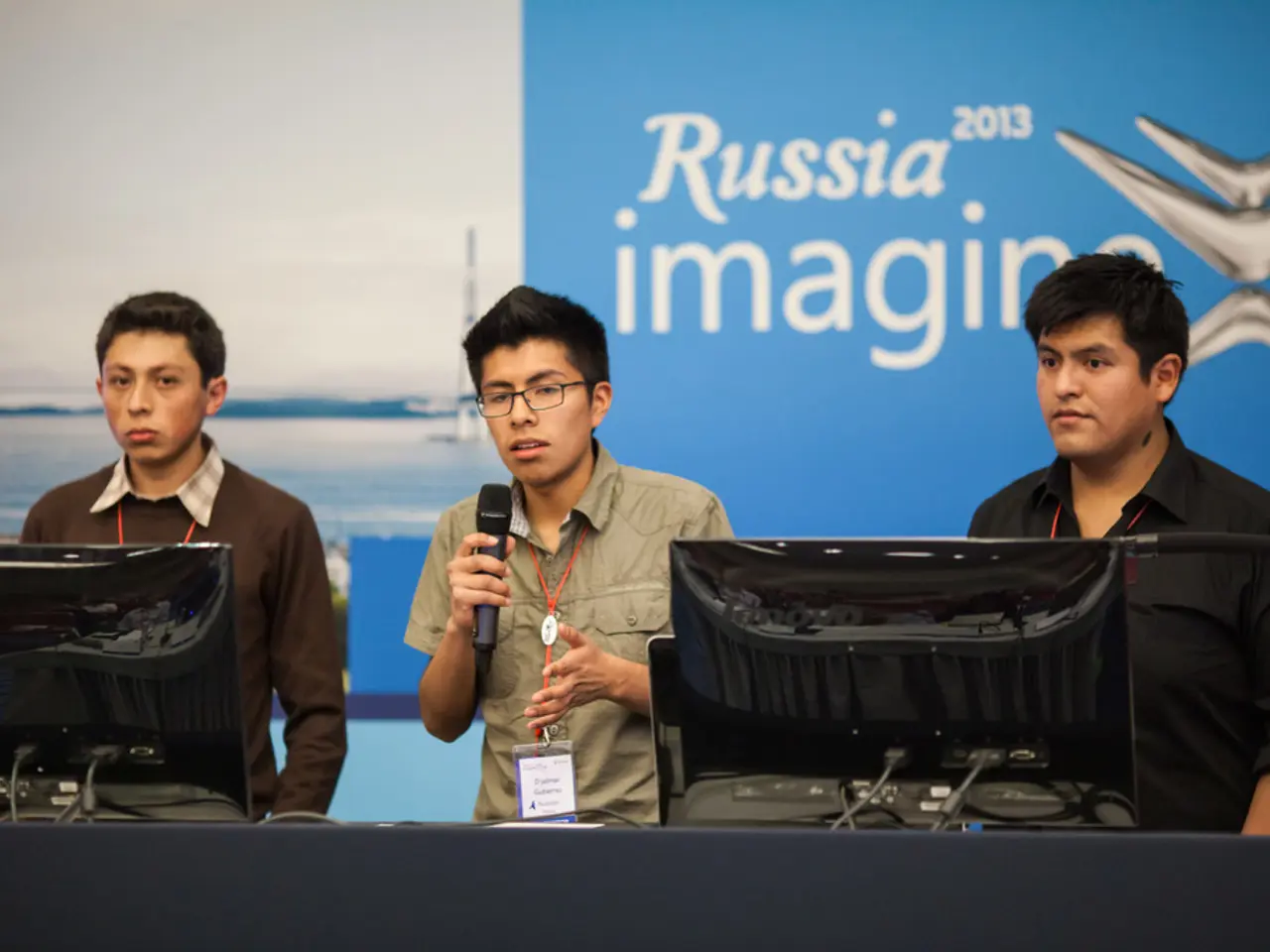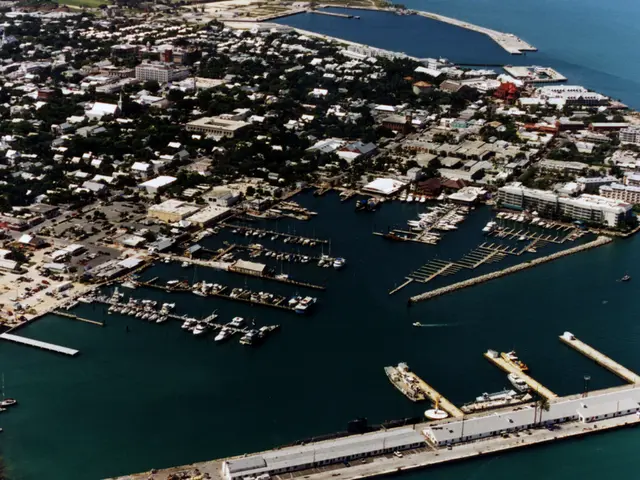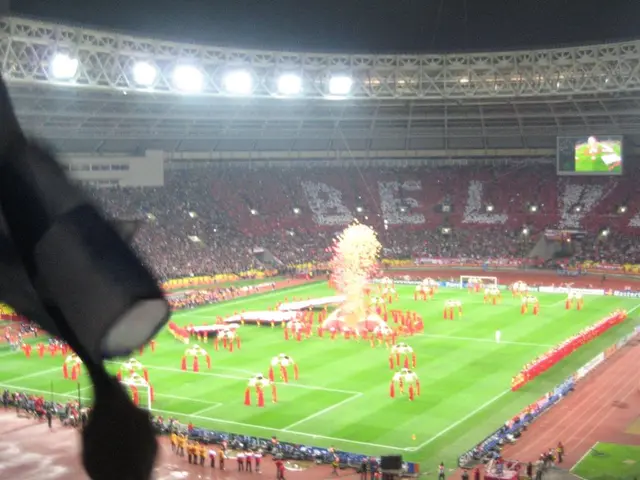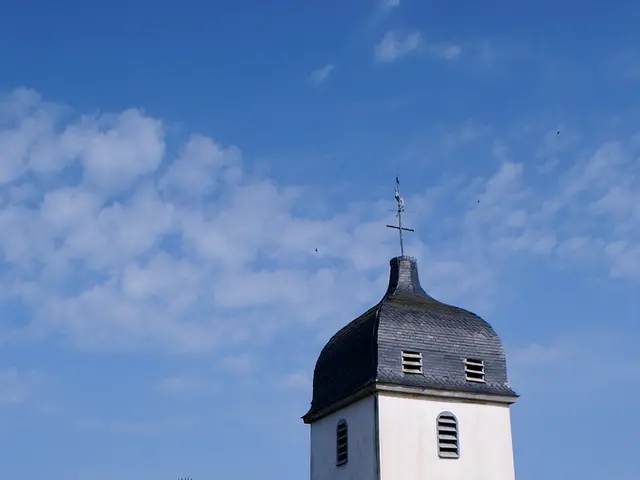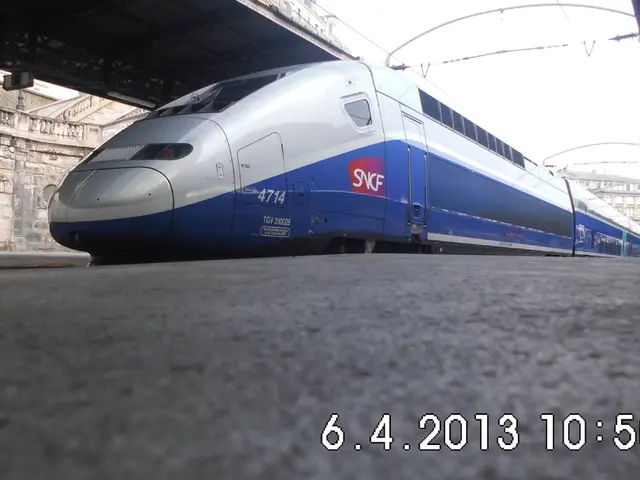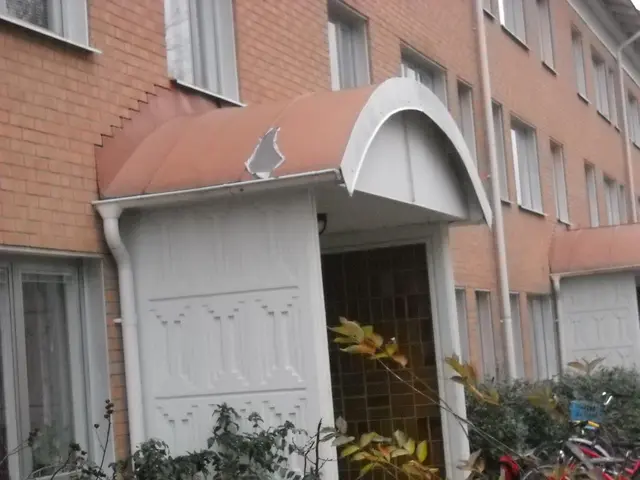Discussion between Trump and Putin Regarding Potential Ukrainian Territory Concessions
In a bid to find a resolution to the ongoing Ukraine conflict, the Ukrainian government is prepared to negotiate territorial issues related to the war, but with stringent conditions. Ukrainian President Volodymyr Zelensky and European leaders, including German Chancellor Angela Merkel, have indicated openness to discuss these issues, but Zelensky remains vague on the exact nature of possible concessions.
The Ukrainian government insists on several key conditions:
- No peace talks without a prior ceasefire
- Ukraine must lead and decide on any territorial concessions, starting negotiations from the current front lines
- Strong international security guarantees, especially involving the United States
- Increased sanctions on Russia if negotiations fail
Ukraine's stance is firm on one issue: the Ukrainian government vehemently opposes any legal recognition of Russian control over occupied territories such as Donetsk and Luhansk. This position is shared by Ukraine's Western allies, who emphasize that borders should not be changed by force.
The Kremlin leader, Vladimir Putin, has demanded full control over the eastern Ukrainian regions of Donetsk and Luhansk. However, any such legal recognition remains off the table for Ukraine and its allies.
The situation is tense, with global powers attempting to broker peace but facing Ukrainian resistance to concessions on Donetsk, Luhansk, and other territories. The United States and Russia are reportedly considering large territorial concessions by Ukraine as part of their discussions to end the Ukraine War.
Ukraine currently controls no Russian territory to exchange, thus no legitimate land swap is possible. Ukraine is wary that such deals could force it to cede territory against its will.
President Zelensky is under pressure to organize political support in his country quickly, as a deal is close. The Ukrainian population is war-weary after three and a half years of constant Russian attacks, but ceding territories could cause severe internal political turmoil.
The conflict began in 2014 when Russia annexed Crimea and started occupying parts of the Donetsk and Luhansk regions, renaming them as people's republics. Russia controls partial territories in the southern Ukrainian regions of Zaporizhzhia and Kherson, creating a land bridge to the Crimean Peninsula. The Dnipro River separates the controlled and uncontrolled sides of Zaporizhzhia and Kherson.
In a surprising move, President Zelensky criticized the choice of Alaska as the venue for the Trump-Putin summit, expressing concern about being excluded from major power decisions. Despite this, a summit meeting between Trump and Putin will take place on August 15 in the northern US state of Alaska.
References: 1. The New York Times 2. The Washington Post 3. BBC News 4. The Wall Street Journal
What conditions has the Ukrainian government set for peace talks regarding war-and-conflicts in Ukraine, as mentioned in the general news? The Ukrainian government insists on several key conditions, including a prior ceasefire, the right to lead and decide on territorial concessions, strong international security guarantees, and increased sanctions on Russia if negotiations fail. Moreover, Ukraine vehemently opposes any legal recognition of Russian control over occupied territories such as Donetsk and Luhansk, a position shared by Ukraine's Western allies.
